Here’s How Advanced Recycling Could be a Game Changer for Plastics

Plastic is widely used in almost every aspect of modern life, and its benefits are extensive. It’s lightweight; helps avoid greenhouse gas emissions during transportation and use compared to many alternatives; and significantly extends the shelf life of perishables.
Many types of plastic can be easily recycled, like water bottles and milk jugs. But some types of plastic packaging contain layers of different materials and often can’t be recycled the traditional way. In fact, only 14% of plastic packaging – like bottles and containers – is recycled into other products using traditional recycling. So what happens to the other 86%?*


A new class of technologies, known as advanced recycling, can help address this challenge. Advanced recycling has the potential to process the majority of used plastic, so it can be remade into new products.
Since 2017, more than 70 advanced recycling projects have been announced in the U.S. with the potential to divert more than 5.5 million metric tons (about 12.1 billion pounds) of waste from landfills annually.
Alterra, located in Akron, Ohio, is one of the many advanced recycling facilities that can take harder-to-recycle plastics, like snack packages, and give them a new life.
“The idea for us is to go after hard-to-recycle, end-of-life plastics that are not recycled elsewhere and currently are being disposed of.”
– Fred Schmuck, CEO, Alterra


“We come to work every day with one purpose — to create a cleaner planet for future generations, which to us means no more mismanaging, landfilling, or incinerating used plastic.”
–Jeremy DeBenedictis, president of Alterra
By recycling significantly greater amounts of plastics than ever before, items like our snack packaging can now go from being used once to being used again and again.

